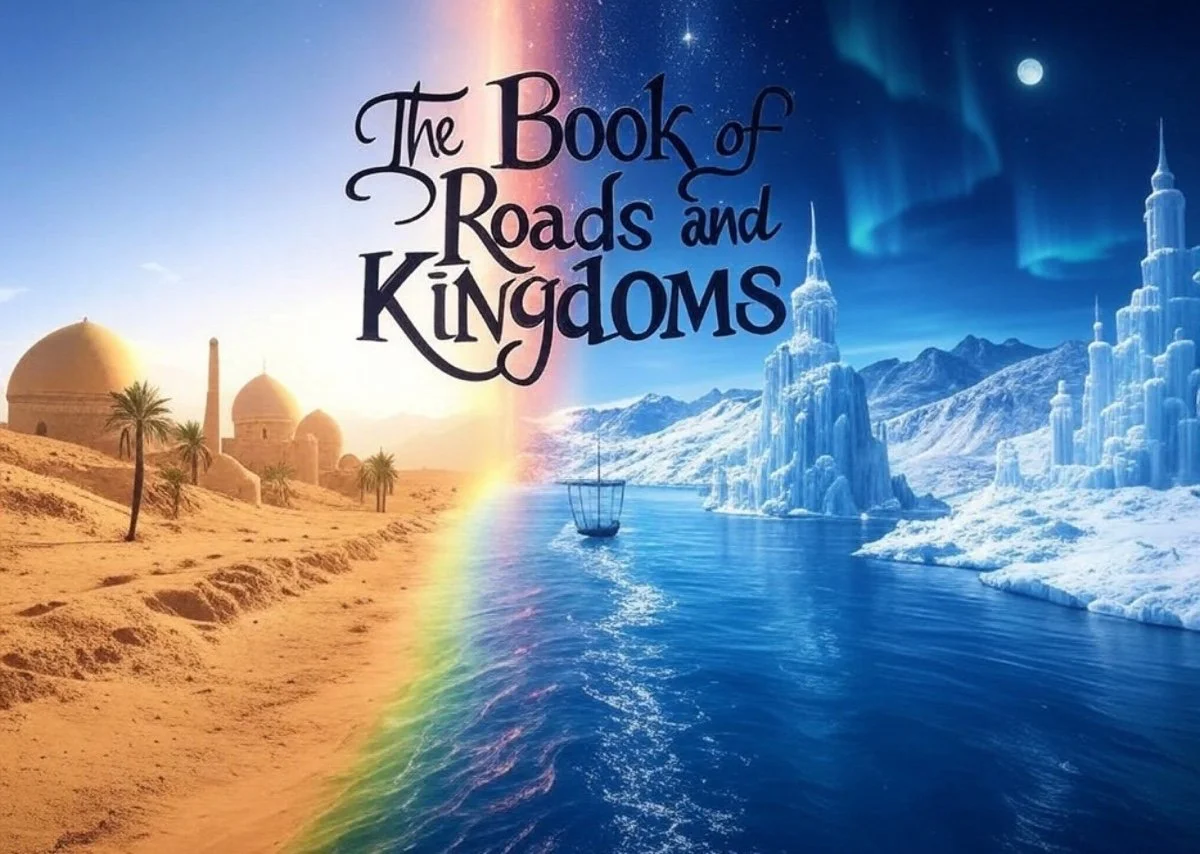Why We Need Jewish Epics
We are a people of story.
But too often, we’ve been written out of the most powerful kinds of stories—especially the epic.
When people think “epic,” they imagine The Iliad, Beowulf, The Lord of the Rings—tales of kingdoms and wars, heroes and quests, prophecy and power. These are stories that define civilizations. They root identity in beauty and struggle. They are large enough to hold memory and myth.
So why is it that Jewish stories, which gave the world the Tanakh, the Psalms, the Prophets, and centuries of sacred imagination—so rarely get written in this mode?
Why have we, the authors of the oldest epic texts in the Western canon, been confined to tales of suffering and cleverness—but denied grandeur?
What Counts as an Epic?
An epic is not just long. It’s not just dramatic.
It’s a story that speaks to a people’s origin, purpose, and destiny.
It is about:
Power and exile
Faith and rebellion
Glory and ruin
The divine and the deeply human
It is a story in which the fate of the protagonist is tied to the fate of a people.
That is the story of the Jewish people. It always has been.
But our modern literature—often brilliant—tends to shrink that scope. It focuses on the intimate, the ironic, the intergenerational, the diasporic. Rarely does it reach for the sacred bigness of our tradition.
Our Tradition Is Epic
The Tanakh is epic. It begins with the creation of the universe and ends with a people exiled from their land, holding onto prophecy. It’s filled with betrayal, love, war, plagues, visions, poetry, kings, queens, wilderness journeys, forbidden romances, and divine fire.
The Maccabees fought an empire with guerrilla warfare and messianic hope. That’s not just history. That’s a saga.
Zionism is the most improbable epic of the modern age: a dispersed people returns to its land after 2,000 years, reclaims its language, makes the desert bloom, and survives siege after siege. That’s a story only a people who believe in miracles could have dared to make true.
So why, in our fiction, would we settle for less?
Why I Wrote The Book of Roads and Kingdoms
This novel is my answer to that question.
The Book of Roads and Kingdoms is a Jewish epic—rooted in history, saturated in legend, unapologetically mythic and midrashic. It tells the story of Josiah ben Zakkai, a young scholar and descendant of King David, sent from Baghdad into the far reaches of the known world—Khazaria, the Caucasus, the forests of the Free Slavs, and the snowscape of Arctic Europe.
Along the way, he encounters:
His own family, the House of David, still reigning as Princes of the Captivity in Babylonia - and the sacred legacy they bear.
A reigning Jewish sovereign, the Khagan of Khazaria - and his beautiful, enigmatic daughter.
Ancient Jewish communities in Kurdistan, Georgia, and the North Caucasus.
Viking raiders and their sisters, the Shieldmaidens, with their dreams of Empire.
Ancient peoples locked in legend, from the Caucasus to the Arctic Circle, as a new Europe struggles to be born.
And the ever-present pull of G-d and destiny
It is a retelling of what could have been, if our records were just a little bit more complete.
What did Jewish sovereign mean? What was it like when Jews has the confidence to interact with our peers as an independent, not to mention older, civilization?
What was it like to bring princes and princesses, diplomats and warriors into the world?
The Case for Jewish Epic
We need these stories. Not to replace our pain or Exile—but to balance it.
We need to remember:
That we were kings and queens, not only refugees.
That our prophets were warriors, not only mourners.
That our dreams are not just of safety, but of greatness.
We need Jewish stories that speak not only to survival, but to sovereignty, mystery, courage, glory, and joy.
Where This Blog Will Go
This is just the beginning.
In future posts, I’ll explore:
The real histories behind the Lost Tribes
What midrash teaches us about worldbuilding
The aesthetics of Jewish power
And why sacred storytelling still matters in a secular age
Because epic isn’t just a genre. It’s a posture.
And it’s time we stood tall in it again.

